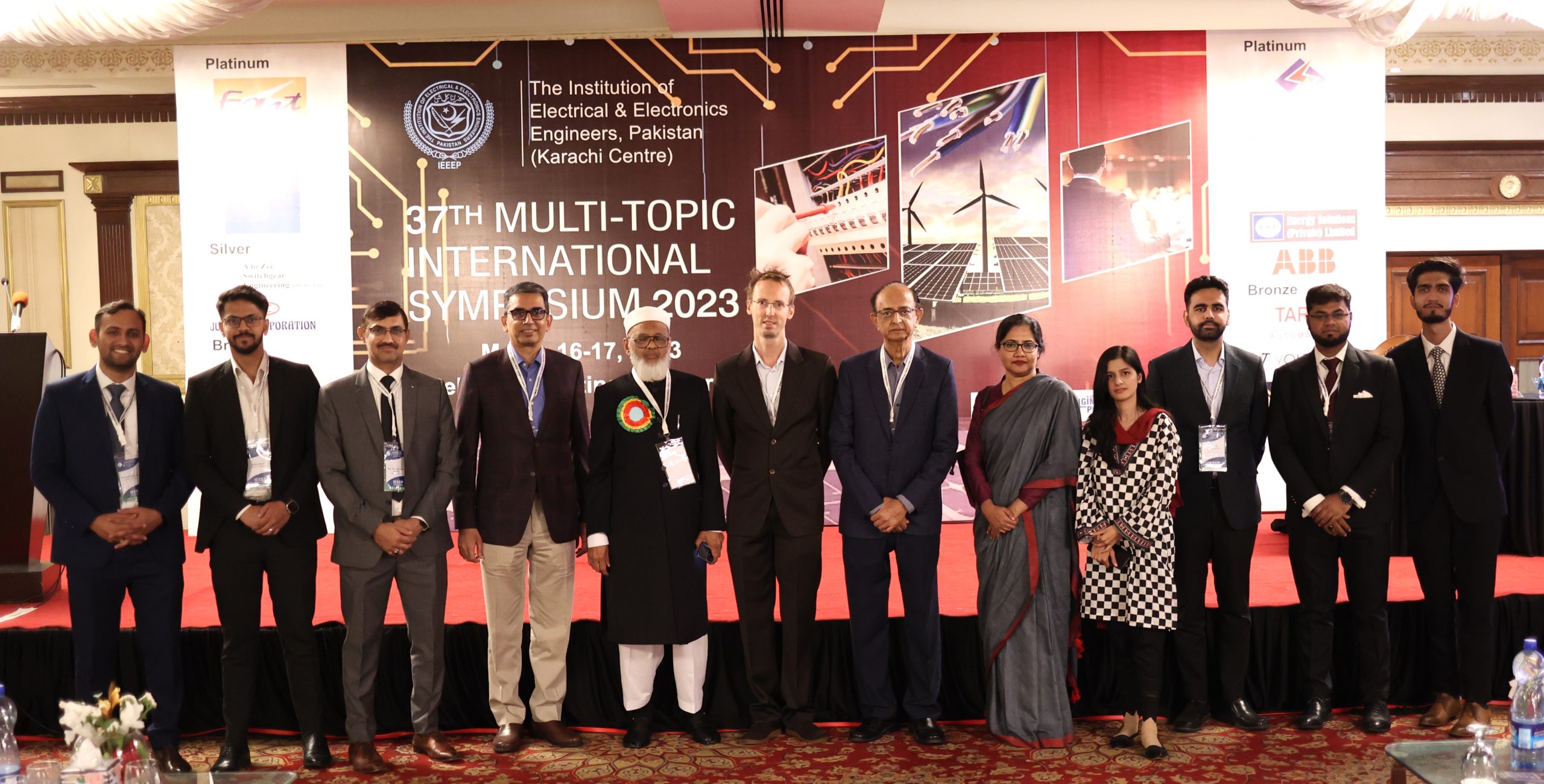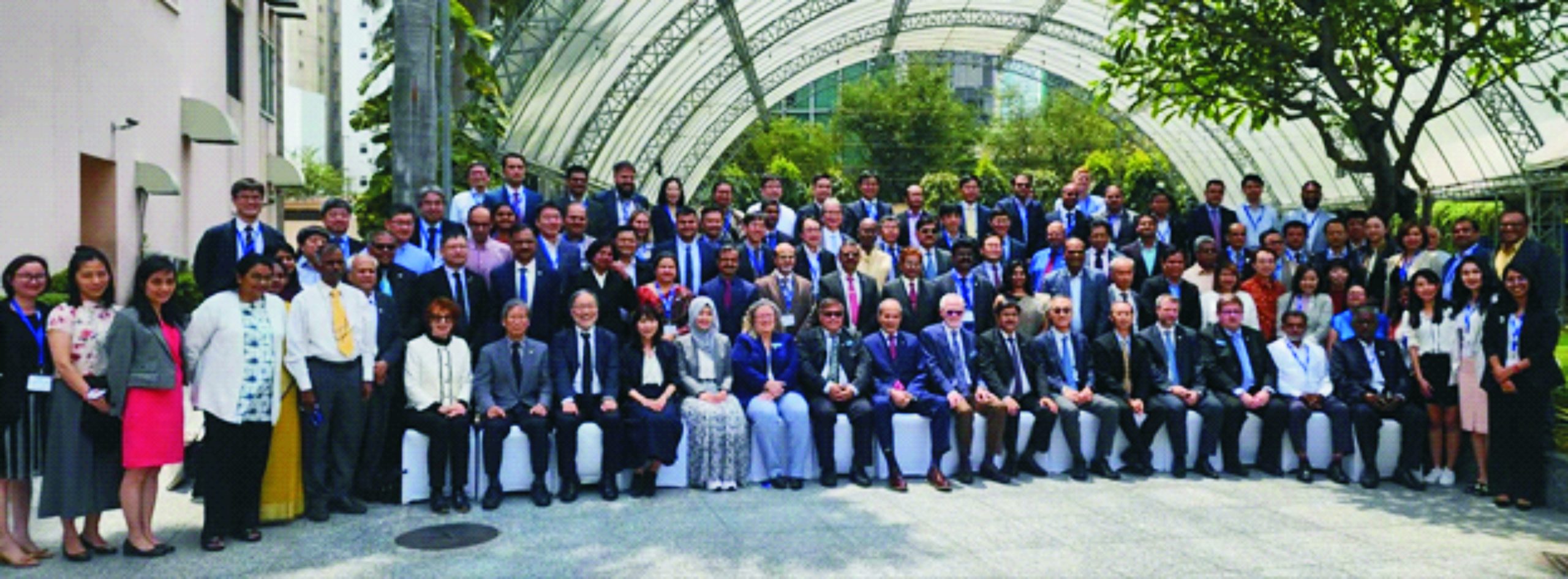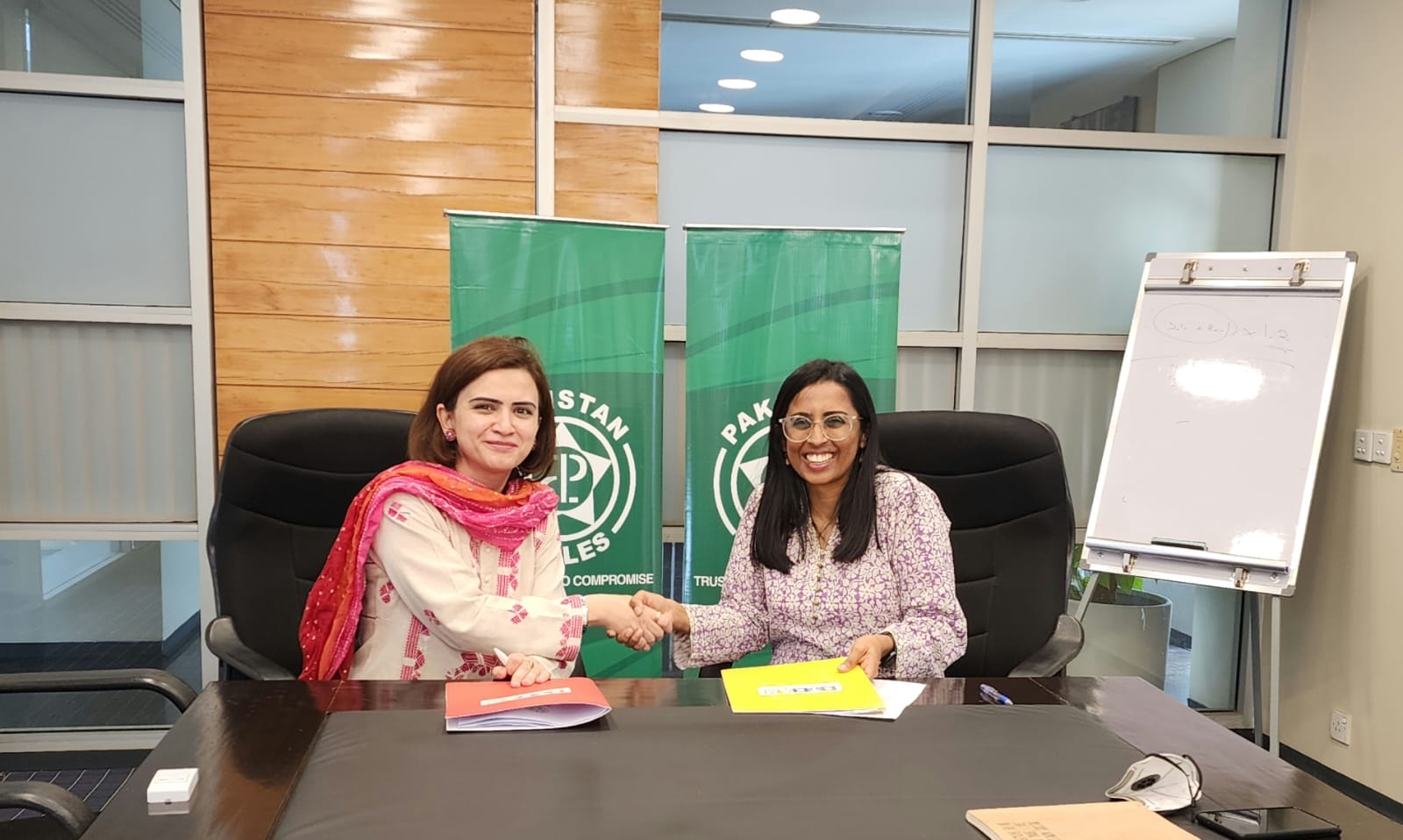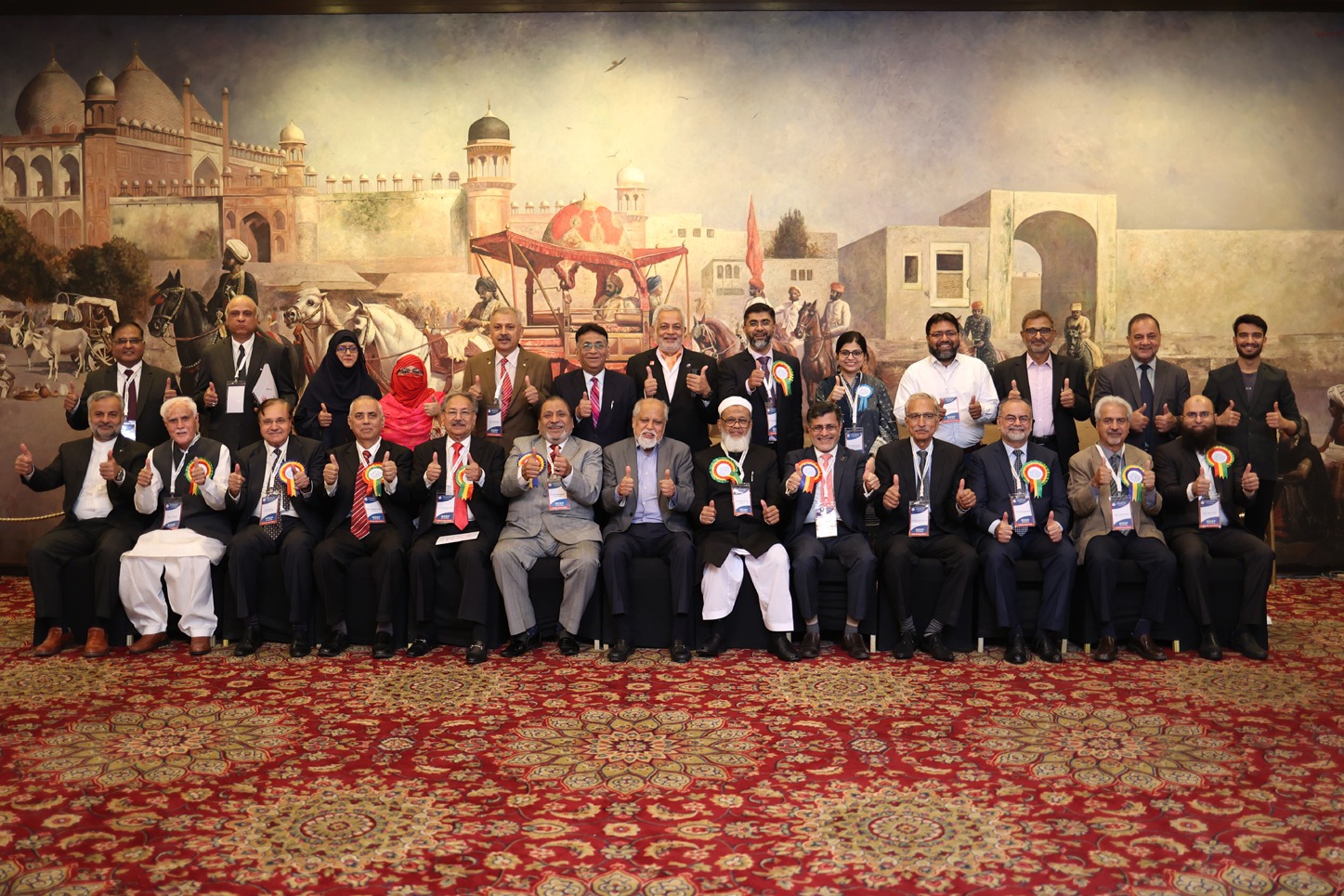‘Jubilee Corporation is a wonderful partner for its understanding of technology.’
Cheaper cost is nothing but a loss of time and resources, believes Julien Mermillon
T hough Jubilee Corporation is undoubtedly a big name in the engineering world in Pakistan, the company’s understanding of modern […]





